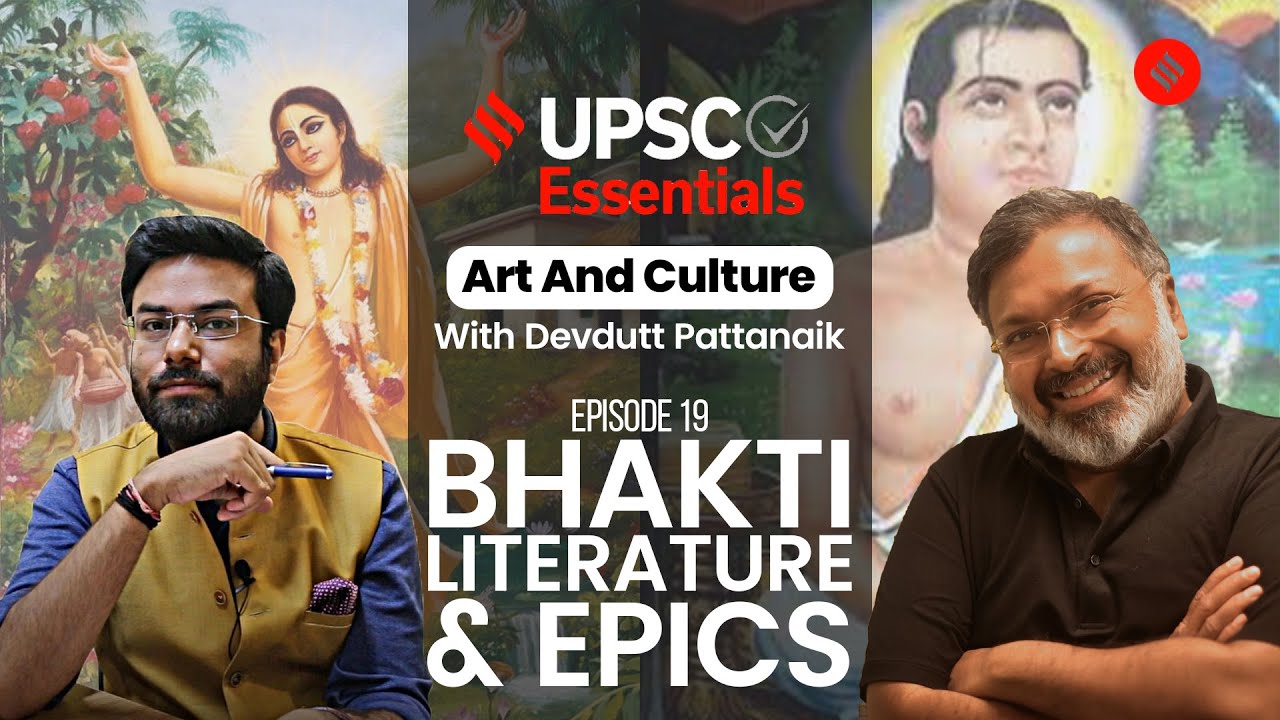Pre-colonial and Spanish colonial Periods| Philippine Literature
Summary
TLDRThis video script explores the rich tapestry of Philippine literature, highlighting its evolution through various historical periods. From the oral traditions of pre-colonial times, featuring riddles, proverbs, and folktales, to the Spanish era's shift towards religious themes and the emergence of unique literary forms like coredo and comedia de capa y espada. The script emphasizes the resilience of Filipino writers, who adapted and flourished despite colonization, ultimately contributing to the propagation of revolutionary ideas and the birth of a national consciousness.
Takeaways
- 📚 The Philippines is a country rich in natural resources, history, culture, language, and literature, with a strong tradition of oral literature predating colonization.
- 🎓 Literature is defined as anything that reproduces life experiences, organizing and summarizing humanity, and adding color to it through storytelling.
- 🌐 Philippine literature has evolved through various historical periods, including pre-colonial, Spanish, American, Japanese colonization, post-war, and contemporary periods.
- 🗺️ The pre-colonial literature of the Philippines was based on the traditions and customs of different island cultures, with stories passed down orally and written on perishable materials.
- 📖 Oral literature includes riddles, proverbs, folk songs, and folktales such as myths, legends, fables, and epics.
- 🏰 The Spanish colonization period shifted the focus of Philippine literature towards Christian faith and religious themes, but Filipinos adapted and made it their own with forms like coredo, passion, comedia de capa y espada, carillo, and a zarzuela.
- 📝 The 19th century saw the rise of Filipino intellectuals, the 'ilustrados', who wrote about the downsides of colonization, leading to the formation of the Propaganda Movement.
- 📜 Propaganda literature included satires, editorials, and news articles aimed at attacking Spanish rule and fostering national consciousness among Filipinos.
- 📚 Revolutionary literature during Spanish colonization exposed the injustices of the regime, sparking revolution and resistance among Filipinos.
- 🌟 Notable writers like José Rizal played a significant role in shaping Philippine literature and contributing to the propagation of liberal ideas and internationalism.
- 📈 The study of Philippine literature's historical timeline is essential for understanding the country's psyche and can guide young Filipinos in shaping their future and the nation's.
Q & A
What is the significance of the Philippines' natural resources and cultural heritage in its literature?
-The Philippines' natural resources and cultural heritage contribute to a rich tapestry of literature that reflects the country's history, culture, language, and oral traditions, showcasing the depth and diversity of its literary works.
What does the term 'literature' originally derive from, and how is it defined in the context of the script?
-The term 'literature' comes from the Latin word 'littera', meaning writing form with letters. In the script, literature is defined as anything that reproduces life experiences, organizes them, and presents them to readers, adding more color to humanity.
How is Philippine literature categorized historically?
-Philippine literature is categorized into several historical periods, including the pre-colonial period, the Spanish, American, and Japanese colonization periods, the post-war era, and the contemporary period.
What are the main themes of Philippine literature?
-The main themes of Philippine literature focus on the country's pre-colonial cultural traditions and the social and political histories during the colonial and contemporary periods.
What forms of literature were prevalent in the pre-colonial period of the Philippines?
-In the pre-colonial period, literature took the form of oral traditions, including riddles, proverbs, folk songs, and folktales such as myths, legends, fables, and epics.
How did the Spanish colonization influence the shift in focus of Philippine literature?
-Spanish colonization led to a shift in the focus of Philippine literature towards Christian faith and religious themes, with stories about saints and hymns becoming prominent, while also influencing the literary forms and themes of writing.
What are some common kinds of literature that emerged during the Spanish period in the Philippines?
-During the Spanish period, common kinds of literature included coredo, passion, comedia de capa y espada, carillo, tibag, and azarzuela, which often followed certain plots and themes, including satirical looks at society or personal grievances.
How did the 19th century mark a significant change in Philippine literature?
-The 19th century marked a significant change as Filipino intellectuals, known as 'ilustrados', educated in Europe, began writing about the downsides of colonization, leading to the formation of the Propaganda Movement and the emergence of revolutionary literature.
What was the role of the Propaganda Movement in shaping Philippine literature?
-The Propaganda Movement used literature, such as satires, editorials, and news articles, to attack Spanish rule and promote the ideas of liberty and freedom, which helped in the Philippine Revolution and the development of national consciousness.
What is the importance of understanding the historical timeline of Philippine literature?
-Understanding the historical timeline of Philippine literature is important as it helps to appreciate the evolution of the country's literary works, which are deeply intertwined with its history, culture, and society.
How can the study of Philippine literature contribute to the lives of young Filipinos today?
-Studying Philippine literature can provide young Filipinos with wisdom and knowledge from the past, helping them to live meaningfully and make informed decisions about their future and the country's direction.
Outlines

此内容仅限付费用户访问。 请升级后访问。
立即升级Mindmap

此内容仅限付费用户访问。 请升级后访问。
立即升级Keywords

此内容仅限付费用户访问。 请升级后访问。
立即升级Highlights

此内容仅限付费用户访问。 请升级后访问。
立即升级Transcripts

此内容仅限付费用户访问。 请升级后访问。
立即升级浏览更多相关视频

SHS 21st Literature Q1 Ep 1 Geographic , Linguistic, and Ethnic Dimensions of the Philippine

History of Philippine Literature

JAPANESE LITERATURE | WORLD LITERATURE

The History of Philippines Money! #PH

Different Periods of Philippine Literature

Bhakti Literature & Epics: Know In Art & Culture With Devdutt Pattanaik EP19 | UPSC Essentials
5.0 / 5 (0 votes)
